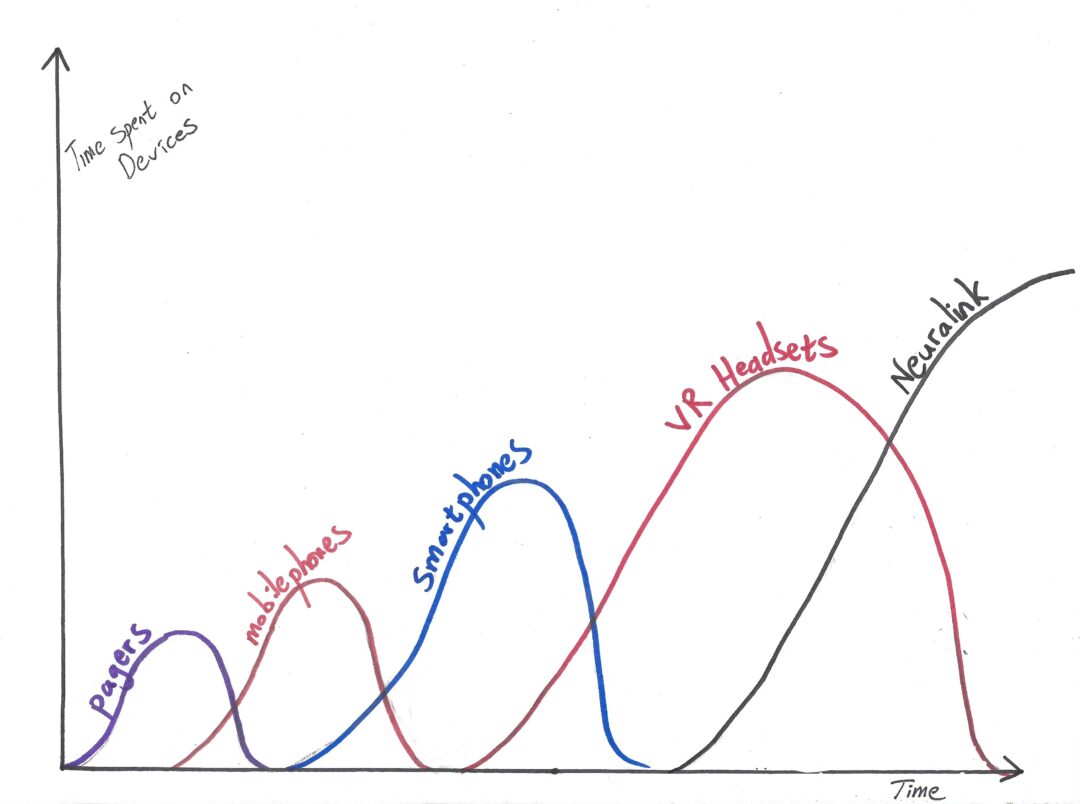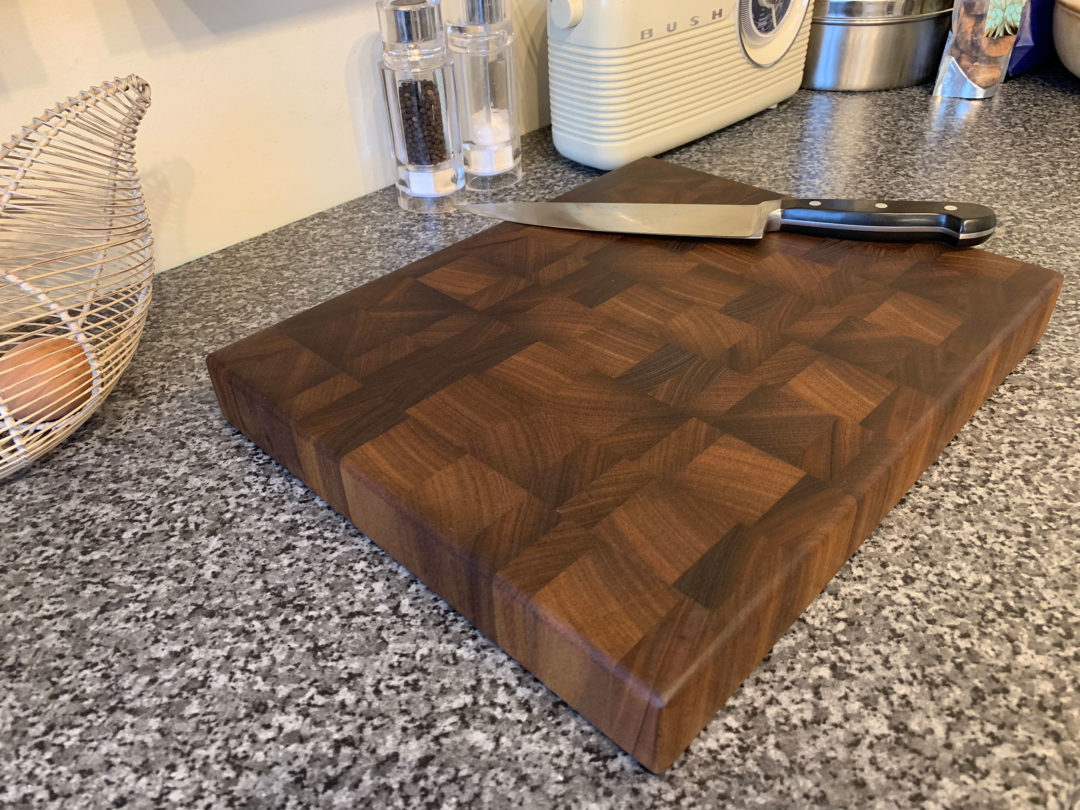IN THE UK and America at least, almost all children will often be told “Don’t put things in your ears”. This instruction will have been enunciated by one’s mother, who will, in turn, have heard it from her mother, and so on. The reason for this instruction is, as everyone knows, putting things in your ears is dangerous and can even lead to a complete loss of hearing! If you feel your ears require cleaning then you may (if you really must) insert a cotton bud—but of course, only very gently and not too deeply! If further maintenance is felt to be necessary then a doctor should be consulted.
“Don’t put things in your ears”
If you venture to any pharmacy in Japan, or even your nearest LOFT for example, and ask for mimikaki ( 耳搔き ; lit., ear scraper), then the shop assistant will, without hesitation, lead you to a large assortment of what you might at first wonder aren’t some kind of torture utensils! In fact, what you would then be looking at (and most likely with some disbelief) would be a collection of ear cleaning tools designed to be stuck right inside your ears in order to scrape out all the gunk and wax that you wouldn’t normally even know resides there, and would usually never even dream of trying to remove. However, in Japan using these ‘ear scrapers’ is perhaps about as normal as cleaning your teeth is for us Western folk. So much so in fact, that upon telling a Japanese friend that my ears have never been cleaned, either by myself nor anybody else for that matter, she immediately—and with far too much excitement I might add—insisted that I allow her to clean them out right there and then. Being the daring type, and not forgetting a strange and personal curiosity about what life might be like without the ability to hear, I quickly agreed. After rushing off to her bathroom she came back with a wooden variety of a mimikaki and instructed me to put my head down on her lap. She then proceeded to quickly and expertly probe each of my ears in turn deeper than they had ever been probed before: whilst at the same time telling me that when she was a child this is the very same way that her mother would clean her ears out each night before bed. To my astonishment, and just as she said it would be, the sensation was very slightly ticklish and yet strangely comforting. In fact, I may as well come all out and say that I was actually quite disappointed when she finished up only a few minutes later. I would also, at this point, like to save any further embarrassment to myself by withholding any information about the enormous amount of what ever may or may not have come out of my ears—suffice it to say that my friend’s reaction was the standard “eeeeeeee” that Japanese people typically use to indicate surprise!
Upon telling a second Japanese friend that until recently I knew nothing about mimikaki, I was given a second look of shock and told that if she doesn’t clean her ears each morning as a matter-of-course, then she simply can’t relax until she does. Perhaps that’s why mimikaki are sold in convenience stores here, i.e. for those people who forget to give their ears a thorough cleaning before leaving the house in the morning and find themselves in the predicament of ugently requiring one.
Perhaps even more surprising than the idea of sticking anything other than a cotton bud in ones ears is the variety of different mimikaki on sale in Japan. Many of the mimikaki on sale are frightening, with the ‘business ends’ ranging from well rounded wooden curves, to metal or plastic spikes or screws, and even things resembling tiny springs with a series of differently sized metal hoops attached. Consistent with the vast array of varieties on offer are the prices. A relatively cheap mimikaki can set you back as little as a few hundred yen while a top of the range one might cost as much as a few thousand yen.
The secret to a good ear cleaning, I am told, is to go in as deep as is comfortable making circular twisting motions concentrating on any area that, upon contact with the mimikaki, give an unexpected and rather loud (to the receiver) scraping noise. A noise which like the sensation of having your ears cleaned with a mimikaki, or indeed cleaning them yourself with one, is simply so very hard to put into words I leave the reader to discover for him or herself—assuming that is, that the reader can first muster the courage to forget that putting anything in ones ear other than a cotton bud is both “foolish and dangerous”.



